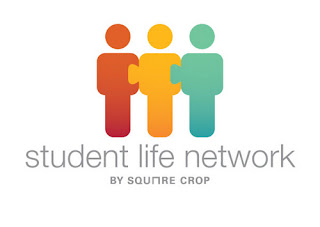
The first post by Mr. McClung that I viewed was "What I've learned This Year" (2008-2009). In this blog, he described his first year of teaching. I was really interested in reading this one! The main reason is because I think the first year is very critical in acquiring experience, expectations, and information. It is also the first step in establishing a career. The other reason I was very anxious in reading this post because I wanted to get his perspective on his first year of teaching. Many educators say that the first year, by far, is the most difficult.
The topics that Mr. McClung discussed in his blog really got my attention. The first and I think the most important was "How to Read the Crowd." He described how he developed a mindset that was detrimental to the education profession. He explained how he thought the teaching process was all about the teacher. As a result, he forget about his real audience the students. He also stated that this particular train of thought has become a common theme among educators.
The other topic that Mr. McClung discussed was "Don't be Afraid of Technology." He commented by saying many grown adults everywhere are afraid of technology. I used to be one of them he is referring to. Before I took technology classes similar to EDM 310, I thought technology was useless. I thought it was unsafe, unreliable, and overall a bad idea to bring to the education profession. However, as I learned how to use the tools of technology more efficiently, I had a change of thought! Mr. McClung followed that statement by saying that "Technology is our friend and it is essential to living in today's society." He also made me feel more comfortable about working with technology in the future when he said "We can not expect to master computer skills the first time we attempt them." That is what Dr. Strange has been trying to drill into our brain. He often says "we are life long learners especially when it is pertaining to technology because it is always changing."
Mr. Joe McClung What I've Learned This Year (2011-2012) Volume 4

Mr. McClung in volume 4 of What I've Learned This Year (2011-2012) took a different approach in writing this blog post. Nevertheless, it was still effective. He only talks about two topics. The first topic was "You Gotta Dance with Who You Brought to the Dance." He explained how he got over concerned with how his peers viewed him. As a result, he forget who opinion really counted. It was not his peers, but his students. Also, it was not his peers he came to the education profession to help or teach but again the students. It is very important to put a difference between the two, in order, to be a productive or effective educator. Oftentimes, many educators are trying to gain a self image that their peers approve instead of an image that their students approve.
The other topic that Mr. McClung discussed is the process of challenging yourself as an educator. Many educators reach a certain level and do not try to progress past that certain level. As a result, Mr. McClung explained how that can lead to laziness, on the teacher behalf, and non-effective teaching methods. Also, he explained how by not challenging yourself as an educator causes the students to lose interest in the classroom.





